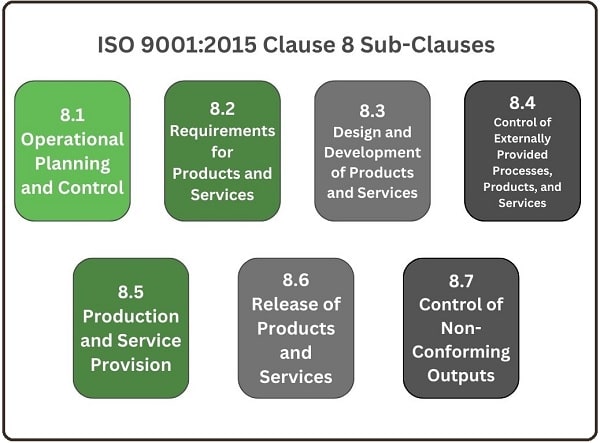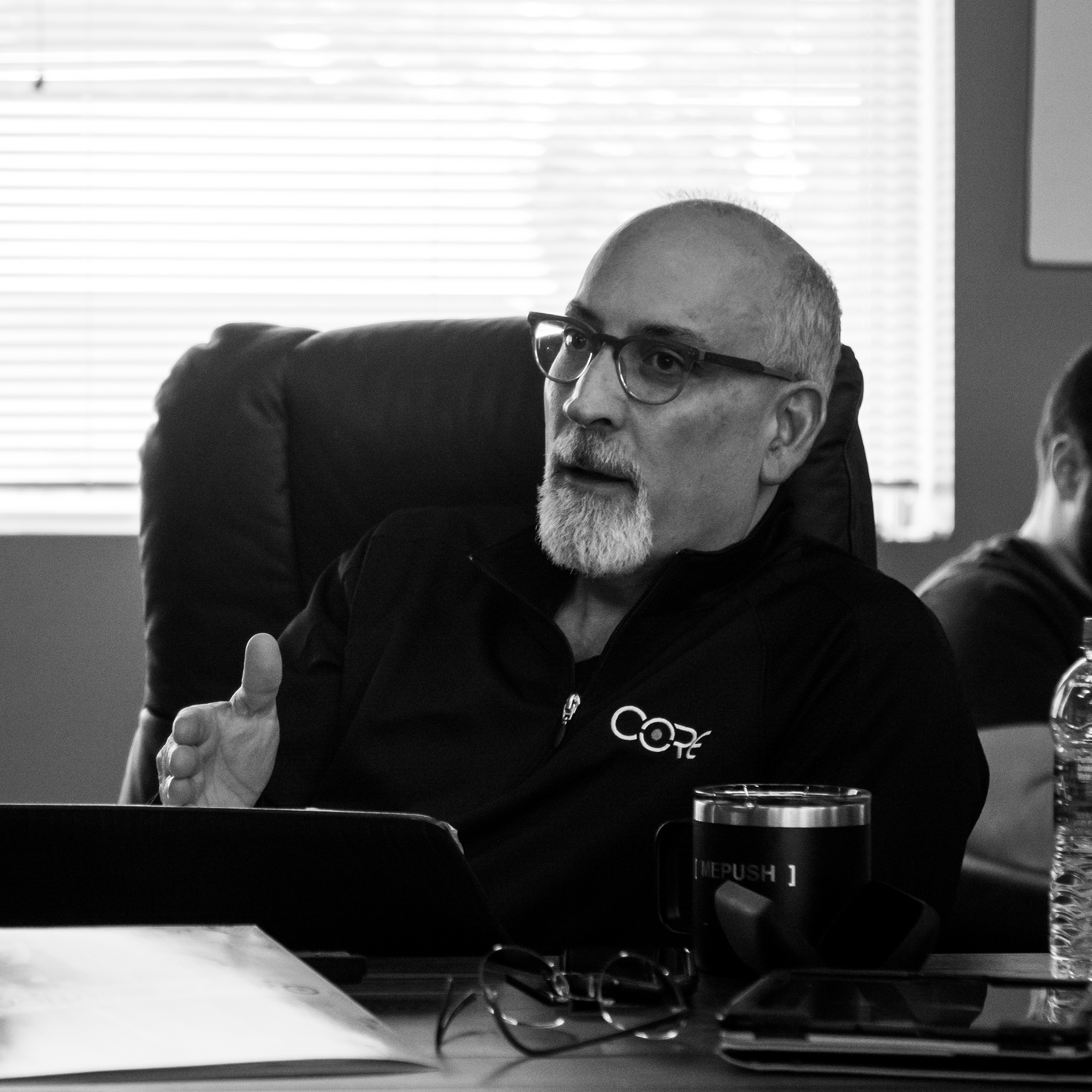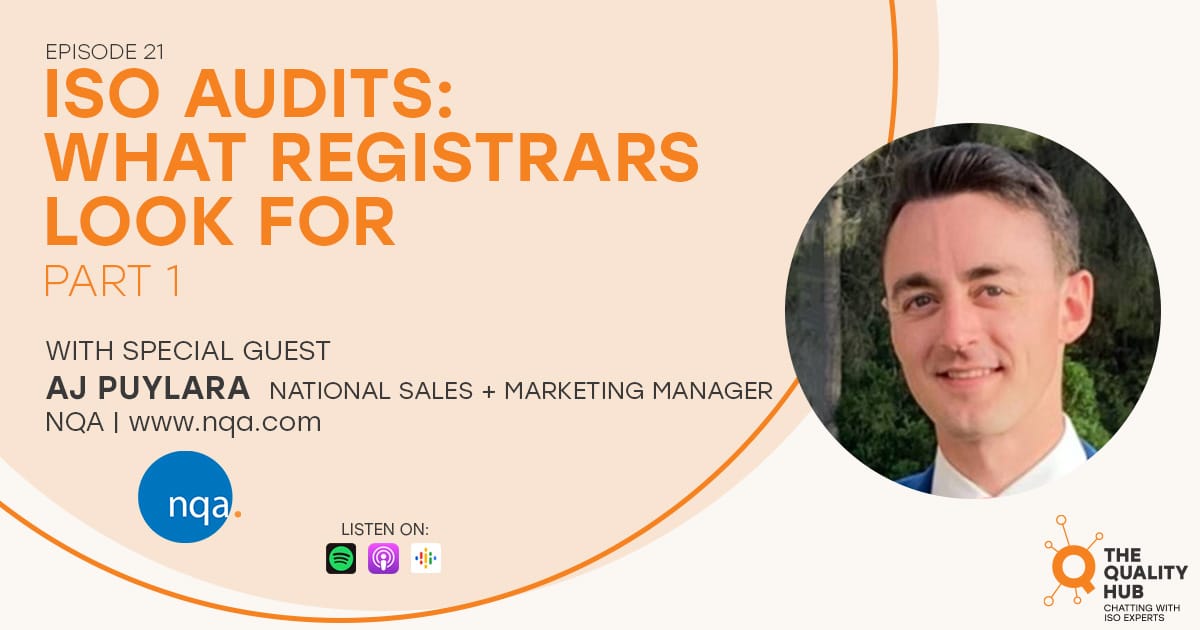ISO 9001:2015 Clause 8.3.5
What is ISO 9001:2015 Clause 8.3.5
Clause 8.3.5 is about controlling design and development outputs including changes to processes within the organization to ensure that these changes are implemented in a planned and systematic manner. This includes changes to the quality management system, as well as changes that can affect the organization’s ability to consistently deliver products or services that meet customer and applicable statutory and regulatory requirements.
Key elements typically covered by Clause 8.3.5 may include:
Determination of Changes:
Establish criteria for determining when changes are necessary, including changes to processes, procedures, and the quality management system.
Review and Approval of Changes:
- Define a process for reviewing and approving changes before their implementation.
- Involve relevant stakeholders, including those responsible for the affected processes, in the review and approval process.
Communication:
- Ensure effective communication of approved changes to relevant personnel.
- Provide training or awareness programs as needed to ensure understanding and implementation of changes.
Documentation:
- Maintain documentation that describes the nature of the change, the reason for the change, and the impact on processes, products, or services.
- Update relevant documents, such as procedures and work instructions, to reflect the approved changes.
Monitoring and Measurement:
- Implement processes to monitor and measure the effects of changes on the organization’s processes and products or services.
- Verify that the changes achieve the desired results and do not adversely affect quality.
Records:
Keep records of the change control activities, including documentation of the change, the review and approval process, and the communication of changes.
Control of Nonconforming Changes:
- Define procedures for addressing nonconformities related to changes.
- Take corrective actions to address any unintended consequences or negative impacts of changes.
Continual Improvement:
- Review the effectiveness of the change control process and identify opportunities for improvement.
- Implement corrective actions and improvements to enhance the organization’s ability to manage changes effectively.
Organizations need to demonstrate that they have effective controls in place to manage changes to their processes and quality management systems. This involves a systematic approach to planning, reviewing, approving, and implementing changes, with a focus on maintaining and improving the overall performance of the organization. Keep in mind that it’s important to consult the latest version of the ISO 9001 standard for the most current information on Clause 8.3.5.

How does a company comply with Clause 8.3.5?
Compliance with Clause 8.3.5 of ISO 9001:2015 involves establishing a systematic approach to control changes to the organization’s processes. Here are steps that a company can take to comply with this clause:
Establish Criteria for Determining Changes:
- Define criteria for identifying when changes are necessary. This can include changes to processes, procedures, or the quality management system itself.
- Criteria might include factors such as customer requirements, regulatory changes, improvements, or corrections.
Review and Approval Process:
- Establish a process for reviewing and approving changes before implementation. Involve relevant stakeholders, including process owners and those affected by the changes.
- Define roles and responsibilities for the review and approval process.
Communication of Changes:
- Develop a communication plan to ensure that information about approved changes is effectively communicated to relevant personnel.
- Provide training or awareness programs to ensure that employees understand the nature of the changes and how they should be implemented.
Documentation:
- Maintain comprehensive documentation that describes the nature of the change, the reason for the change, and the impact on processes, products, or services.
- Update relevant documents, such as procedures, work instructions, and manuals, to reflect the approved changes.
Monitoring and Measurement:
- Implement processes to monitor and measure the effects of changes on processes, products, or services.
- Verify that changes achieve the desired results and do not adversely affect quality.
Records Management:
- Keep records of all change control activities, including documentation of the change, the review and approval process, and communication of changes.
- Records serve as evidence of compliance during audits and reviews.
Control of Nonconforming Changes:
- Define procedures for addressing nonconformities related to changes. This includes identifying and addressing any unintended consequences or negative impacts of changes.
- Implement corrective actions promptly if nonconformities are identified.
Continual Improvement:
- Regularly review the effectiveness of the change control process.
- Identify opportunities for improvement and implement corrective actions and enhancements to make the process more efficient and effective.
Training and Competence:
- Ensure that personnel involved in the change control process are trained and competent to perform their roles.
- Provide ongoing training as needed to keep employees informed about the process and any changes to it.
Risk Management:
- Consider the potential risks associated with changes and incorporate risk management principles into the change control process.
- Evaluate the impact of changes on the organization’s ability to consistently deliver products or services that meet customer and regulatory requirements.
By following these steps, a company can establish a robust and compliant system for managing changes to its processes in accordance with Clause 8.3.5 of ISO 9001:2015. Regular monitoring, communication, and continual improvement are essential components of an effective change control process.
Helpful Resources: ISO Audits – What Registrars Look For Part 1
In this episode of “The Quality Hub: Chatting with ISO Experts,” host Xavier Francis interviews AJ Puylara, National Sales and Marketing Manager at NQA, a global certification body. AJ shares his experience in the ISO industry and discusses the ISO certification process. He highlights the steps involved, including engaging with a third-party ISO consultant or registrar and conducting a gap assessment. Listen Now
Consulting Support for ISO 9001
Every year, we help hundreds of small businesses achieve ISO 9001 certification. Support for ISO 9001 is available through any of our Consulting Programs As an American business with a story like yours, we know that time is valuable. Our expert consultants are here to take on the difficult, technical aspects of certification so you can focus on your business. They’ll work with you every step of the way until you’re successfully certified. Interested? Get a Free Quote.
In many industries, ISO 9001 has become a supply-chain requirement. When landing a big contract, ISO 9001 certification could make all the difference.

About Core Business Solutions, Inc.
— Scott Dawson, President
Related Standards
We provide consulting support for various other standards, as well as support for companies seeking multiple certifications through an Integrated Management System.
AS9100
Aerospace Manufacturers
AS9120
Aerospace Distributors
ISO 14001
Environmental Management Systems
ISO 27001
Information Security Management Systems
ISO 20000-1
Service Management Systems
ISO 45001
OH&S Management Systems
ISO 13485
Medical Device Manufacturers
AS9100
AS9120
ISO 14001
ISO
20000-1
ISO 27001
ISO 45001
ISO 13485
Equip Your Business to Meet ISO 9001 With CORE
At Core Business Solutions, we’re here to equip your company for success in meeting ISO 9001 requirements. We’ve helped hundreds of small businesses grow and deliver the best solutions to their clients. We provide ISO training services, consulting help, and compliance software and to help you get certified and stay certified. We focus on optimizing your processes and helping you implement an ISO-compliant QMS. When you partner with us, you’ll get the tools and help you need for success. For more information on the ISO 9001:2015 standard, please visit our articles page. You can also call our consulting office at 866-354-0300 or contact us online.
Do you want to update your existing ISO 9001 QMS System or refresh it?
We provide consulting services to assist you in your ISO 9001 Quality Management System refresh. We listen, conduct a gap analysis, update your Quality Policy and any necessary documentation or procedures, find areas of waste or improvement, simplify and automate. And we do it fast. Core offers firm, fixed pricing. Download our information sheet today to learn more or call us at 866-354-0300 Extension 2.

